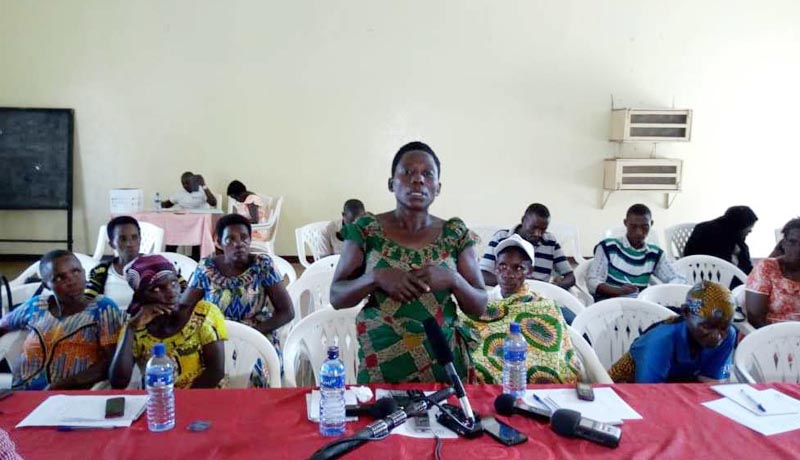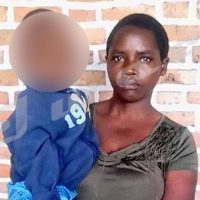Discrimination, under-representation in decision-making bodies, lack of land and raw materials for pottery, are among the problems encountered by Batwa women in Burundi.

Esperance Minani: “We go to extract clay during the night at 3a.m. and this is very dangerous for us”
Esperance Minani, a Mutwa from Mwaro, says in the past, a Mutwa woman lived on pottery. Today, it is no longer possible due to the lack of clay and land where she can extract this raw material. “We extract clay in people’s properties. As it is prohibited, we go there during the night at 3 a.m. and this is very dangerous for us”.
Mrs. Minani also says the products they make have been replaced by modern products. “Our products are often unsold or sold at a very low price,” she says adding that they should benefit from the training they get to update their knowledge so as to make other products that can fit the current market.
Evangeline Bucumi, a Mutwa from Bujumbura, says Batwa women still experience discrimination in their daily life because of their living conditions. “We don’t have land to cultivate, we have no work to do except cultivating others’ land. This is the reason why they despise us,” she says.
She also says wherever a Mutwa woman tries to improve her living conditions, she is criticized and discouraged. “However, Batwa women have to trust themselves and overcome those challenges,” she says, adding that she was elected among the top five on her hill but that her candidacy was only accepted after the intervention of the administrative authorities at the high level because she is a Mutwa. “Now, I am respected”.
Goreth Bigirimana, former Senator also a Mutwa woman, says there is a still long way to go for Batwa women to efficiently contribute to the development of their families and country. “Batwa women are underrepresented in decision making and other high institutions”.
She says even at universities and in secondary schools, the number of girls go decreasing as you go to advanced levels.
Emmanuel Nengo, Chairman of the Union for the Promotion of Batwa (UNIPROBA), says the issues that those women have raised are the real hindrance to their families’ development. “Those questions should be addressed because Batwa women also contribute to the development of their families and the country”.
Mr. Nengo says UNIPROBA has initiated this exchange program so that Batwa women share their daily struggle and work together with different partners to tackle the problems they have.
This was said in an exchange program under the theme “Contribution of the Mutwa woman to the family development in particular and the country in general”. That exchange program that has taken place this Thursday 14 March 2019 gathered Batwa women’s representatives from the whole country.



















 IWACU Open Data
IWACU Open Data

